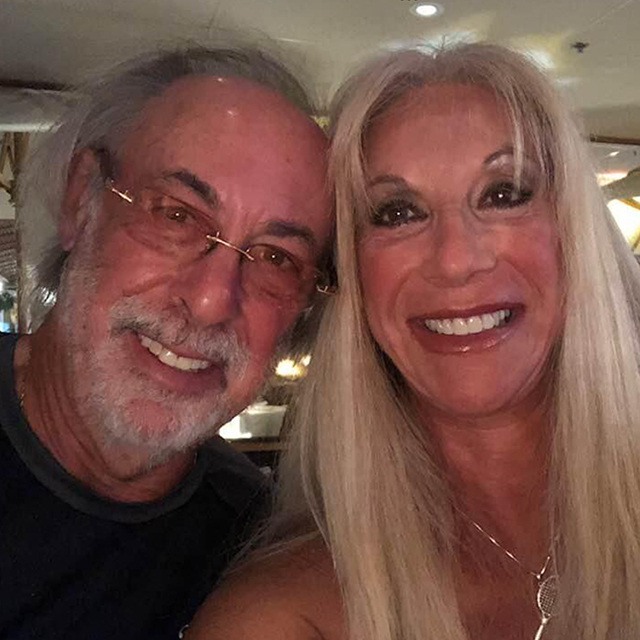Anita Rao wasn’t aware of it at the time, but she was one of the first women to complete a sports medicine fellowship in the Johns Hopkins Department of Orthopaedic Surgery. These days, as a leading sports medicine and shoulder surgery specialist at Kaiser Permanente in Portland, Oregon, Rao shows gratitude for her Johns Hopkins training with a gift that enables the annual Anita G. Rao, M.D., Endowed Lecture on diversity in medicine, first held in 2017.
While a resident at the St. Louis University School of Medicine in the late 1990s, Rao attended meetings where she met Johns Hopkins orthopaedic surgeons Edward McFarland and Andrew Cosgarea. She enjoyed their lectures and found their research compelling. After residency, Rao applied for a fellowship to work with the two surgeons in the Johns Hopkins Department of Orthopaedic Surgery — and she matched.
“I was so happy to go to Hopkins,” says Rao. “Every day, that education and experience is still with me.”
Rao routinely draws on her mentors’ guidance in her surgical technique and approach. She specifically recalls McFarland’s emphasis on keeping surgery as methodical as possible. “You don’t want to use one instrument one day and another instrument the next. Knowing your technique and approach will stay the same helps with the comfort levels of the staff around you, and is helpful for the flow of the surgery and patient care overall.”
Rao remembers her Johns Hopkins fellowship was extremely demanding, but it was also highly satisfying to learn from the practitioners she admired most. “It was a critical part of my career that helped shape my training and what I wanted to do in practice and research,” she says.
Rao is originally from St. Louis, Missouri. Her parents emigrated from India when they were young adults. As a first-generation American woman with brown skin, Rao had a different perspective from her white, male mentors. But, she says, she was never treated differently.
“The professors treated everybody the same, and that still means a lot to me to this day,” she says. “The lectures are a great way for me to give back.”
The first diversity lecture in 2017 addressed how to work as a team in the operating room while acknowledging the cultural differences among staff members. In 2018, the topic was encouraging students with diverse backgrounds to pursue orthopaedic surgery. The 2019 lecture covered microaggressions in medicine. Due to the pandemic, the 2020 lecture was canceled; in 2021, the virtual event addressed implicit bias redefined.
Residents have expressed to Rao how impactful the lectures are. “A few of them have stopped me and said, ‘Hey, thanks so much for sponsoring that lectureship. It was very different; I never had that type of training.’ Every alum should consider a way they can give back because it not only brings personal gratification, it touches so many others at Hopkins.”
McFarland agrees. “Generous support from alumnae like Anita makes it possible to provide valuable opportunities for learning about important topics that aren’t always addressed in classes or in training for orthopaedic surgery.”
To make a tax-deductible gift or to learn about the benefits of an estate intention or a charitable gift annuity that provides disbursements to you, please email Kristin Veno at [email protected] or call 410-955-6611.

